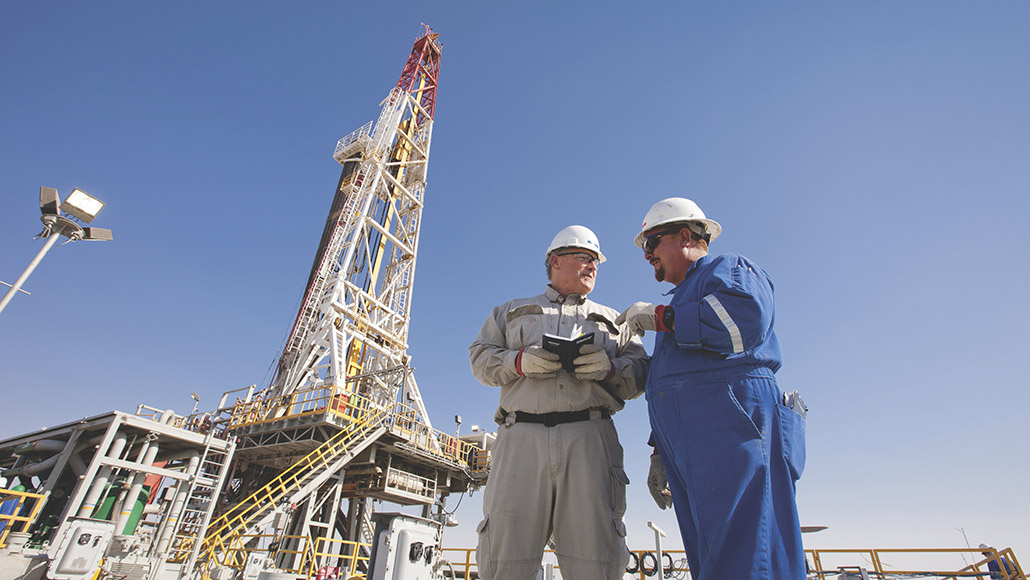Mobil: over a century
selected item
Until the creation of ExxonMobil in 1999, Mobil Oil operated as an independent oil company, including operations in the Benelux.
The roots of both this company and Exxon (Esso) are found in Rockefeller's Standard Oil Trust. Two of the many 'Baby Standard Oils' that were created in 1911 as a result of the anti-trust judgement by the American Supreme Court were called the Vacuum Oil Company and Standard Oil of New York (Socony). In 1931 these two companies merged to form Socony Vacuum. At that time, Vacuum Oil was already selling petrol under the brand name Mobilgas, while Socony was using Pegasus, the mythical flying horse, as a symbol of strength and flexibility.
The merger resulted in the marriage of word and symbol to form a logo that, despite some changes, has remained ever since. In 1955 the name of the company changed to Socony Mobil Oil, a hundred years after the creation of the Vacuum Oil Company, and in 1966 it was simplified to Mobil Oil.
In Europe
Mobil was already operating in Europe in the nineteenth century. It started with trading activities, importing oil products and setting up sales networks, but local production facilities were created over the years, such as refineries, lubricant plants and, from the sixties, petrochemical installations. After the oil crisis in the seventies and eighties, Mobil decided to substantially restructure its operations. The company closed or sold several production facilities, including the refinery in Amsterdam, to improve its profitability. The European network of Mobil petrol stations disappeared following a joint venture with BP to sell fuels and lubricants to companies, organizations and consumers.
Mobil's petroleum and natural gas extraction operations have always remained independent, including those in the Netherlands. In the years preceding the merger with Exxon, the company also invested in advanced chemical production facilities such as the polypropylene plants in Virton (Belgium) and Kerkrade (The Netherlands) and the ester plant in Amsterdam.
After the merger
One of the demands set by the competition regulatory authorities before they would approve the merger between Exxon and Mobil was the division of the joint venture between Mobil and BP. This resulted in Mobil retaining the lubrication business and BP holding onto all the remaining production and marketing activities that were involved in the joint venture. Since then, ExxonMobil has been responsible for the European production of Mobil lubricants and retail sales through different channels, e.g. via the Esso petrol stations network.
Related content
Business ethics
The policy of Exxon Mobil Corporation is one of strict observance of all laws applicable to its business.Our history
ExxonMobil is one of the few modern companies that were already operating during the nineteenth century. The current Benelux-based organization has its roots in Antwerp, Rotterdam and the United States. In 1882, John D. Rockefeller, the well-known tycoon, founded the Standard Oil Company, the predecessor of the present ExxonMobil company.Transparency
Our efforts to promote revenue transparency have helped fight corruption, improve government accountability and promote greater economic stability around the world.